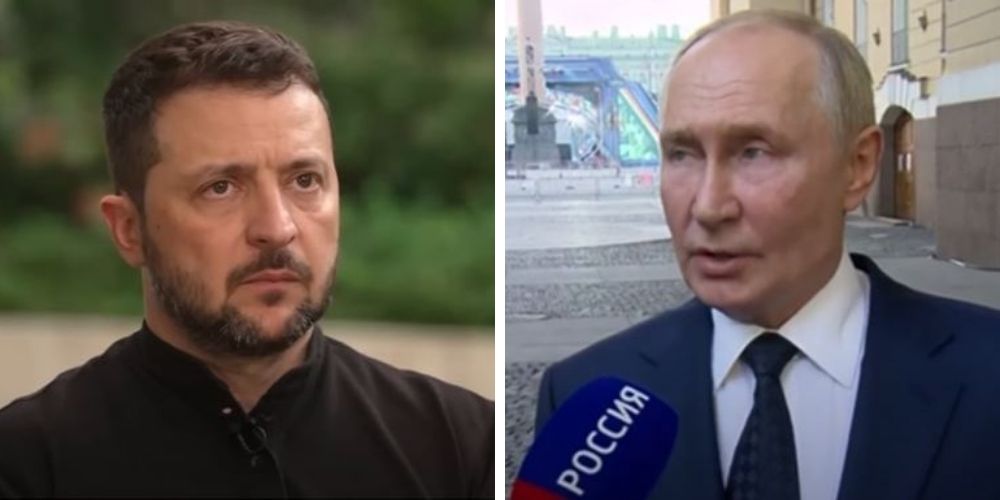The National Institute of Health is giving a whopping $22 million to researchers at the University of Illinois Chicago for a study into the long-term effects of COVID-19.
Indeed, the national study will be conducted over the next four years.
“These symptoms can be anything from fatigue to difficulty breathing,” Dr. Sarah Donohue, director of Research Services at the University of Illinois College of Medicine Peoria, said. “People have reported brain fog and difficulty concentrating. It's really interesting to try to figure out what in the world is going on and why these symptoms are so different in different people.”
University of Illinois Chicago will lead an Illinois-based research consortium, focused on understanding long COVID in adults and its impact on vulnerable communities in both rural and urban areas, Just the News reports.
“This is really an effort of team science,” Donahue said. “We haven't done this before with collaboration across so many different disciplines and it's really exciting to be able to offer this to the people of Illinois, to be part of a study that is so large going across many states.”
The goal of the study is to figure out who is more susceptible to getting long COVID, what they have in common and why the symptoms can be so vastly different.
“Who is getting it, what characteristics do they have in common,” Donahue said. “What is happening in terms of the biology? What sort of molecular and biologic mechanisms are going on to cause these different types of symptoms?”
“The hope is as we're understanding it, we will also learn more about how we can treat it,” Donahue continued. “There'll be clinical trials that are planned for this to really help the people who have these symptoms, because these symptoms are extremely debilitating.”
With an estimated 50 percent of patients experiencing long COVID, researchers hope to enroll and follow 1,000 Illinois adults from Cicago, Peoria and the surrounding areas.
“We're looking for certain percentages of people that fall into categories, [including] those who have had COVID in the past versus more recently,” Donahue said. “We're looking for a wide variety of people who are close enough to Chicago and Peoria that they would be able to potentially get to a medical center for testing.”
 The National Institute of Health is giving a whopping $22 million to researchers at the University of Illinois Chicago for a study into the long-term effects of COVID-19. Indeed, the national study will be conducted over the next four years. “These symptoms can be anything from fatigue to difficulty breathing,” Dr. Sarah Donohue, director of […]
The National Institute of Health is giving a whopping $22 million to researchers at the University of Illinois Chicago for a study into the long-term effects of COVID-19. Indeed, the national study will be conducted over the next four years. “These symptoms can be anything from fatigue to difficulty breathing,” Dr. Sarah Donohue, director of […]





